Examining "mental illness" in societies where different world views, thought worlds, and habit patterns prevail is ordinarily frowned by social scientists since it involves analysis of phenomena steeped in modern conventions of knowledge. This book contravenes this position giving reasons for and ways of circumventing social science scruples. It formulates and provides details about the system of healing of conditions of psychiatric interest that would have been found in ancient traditional and early modern period. It draws on the findings of Indian epidemiologists who have surveyed the prevalence and distribution of psychiatric disorders in modern and traditional settings of contemporary India. Their findings support the position that such conditions would have been found in earlier historical epochs.
In the book, information from cultural anthropology is used to formulate ideas and a perspective that encompass salient cultural and historical parameters of India as a socio cultural entity which have stood the text of time. Emphasis is placed on how Indian culture, religion, morality, sociology, and philosophical psychology which shape the world view and habit patterns of Indian peoples everywhere and throughout millennia. This nexus of ideas constituted the ontology and epistemology about psychiatric conditions in earlier historical epochs. It shaped their form, content and meaning and it provided a basis for approaches to healing. Normal and not so normal conceptions about behavior and well being are discussed based on indigenous systems of meaning. The manner in which psychiatric conditions were and still are formulated in the compilations of Caraka, Susruta, Vagbhata, and Bela are reviewed and compared along with religious and spiritual viewpoints.

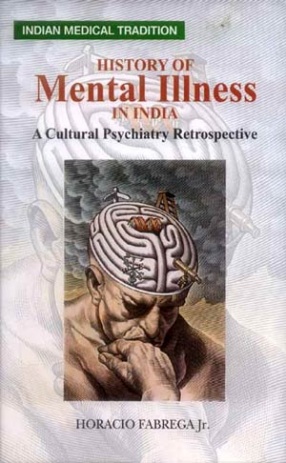

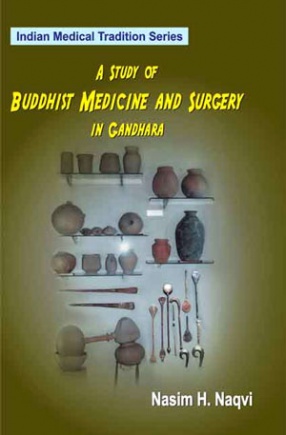
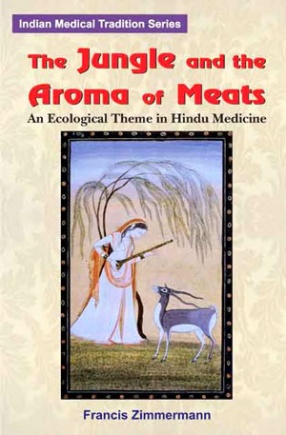
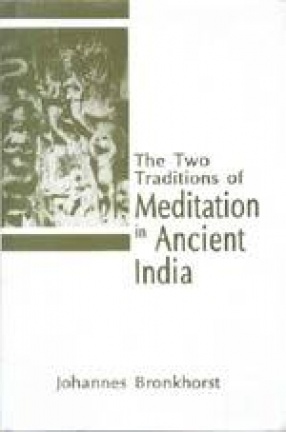
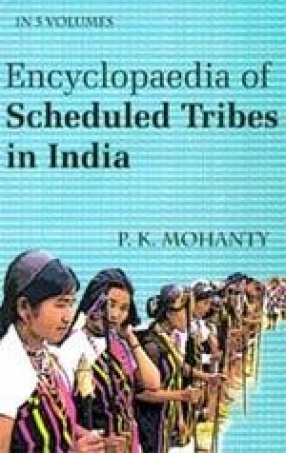
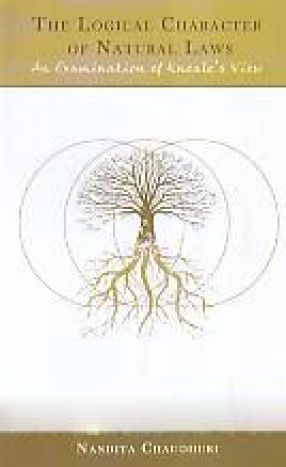
There are no reviews yet.